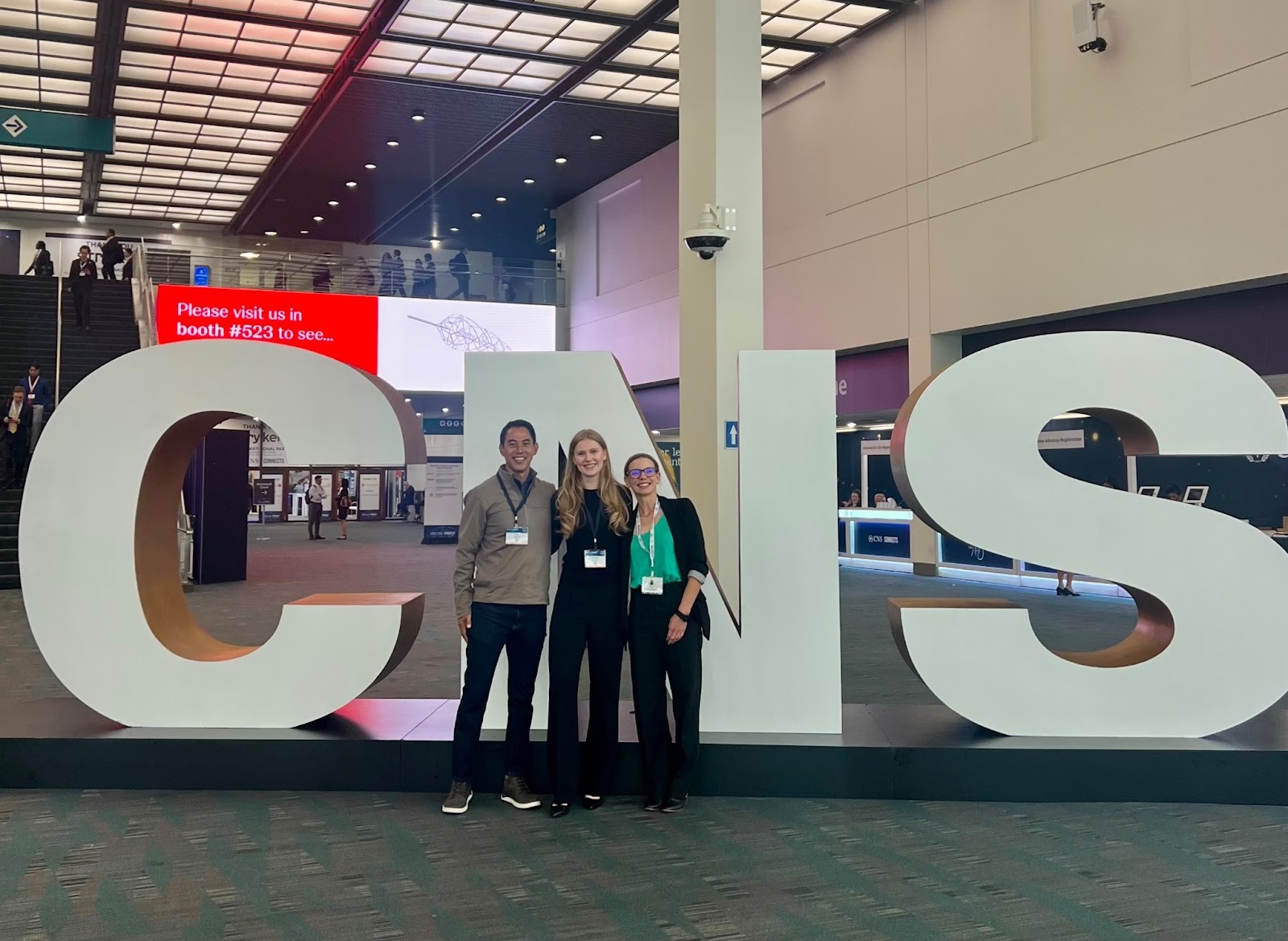The Problem: Rising Risk, Limited Resources
Senior living providers are contending with multiple challenges:
- High Fall Rates – Falls remain the leading cause of injury-related deaths among seniors.
- Staffing Shortages – Limited access to PT/OTs makes it harder to conduct regular assessments.
- Inconsistent Outcomes – Manual screening methods vary in accuracy and frequency.
- Uncaptured Revenue – Many residents who would benefit from therapy aren’t under a reimbursable POC.
That’s where AI steps in—with tools to help providers proactively identify risk, document need, and deliver high-quality care at scale.
Exer AI: A Smarter Approach to Motion and Mobility
Exer AI is a Clinical AI platform that uses an iPad’s camera and computer vision to perform motion assessments—no wearables, sensors, or expensive hardware required.
Here’s how Exer helps senior living communities:
- Fall Risk Screening at Scale: Run quick, standardized gait assessments on-site to identify residents at risk before a fall happens.
- Get More Residents Under Plan of Care: Facilities using Exer have seen a 20–25% increase in residents added to reimbursable care plans by flagging clinical need with objective, AI-backed data.
- In-Clinic or In-Unit: Staff can perform assessments in therapy gyms, resident apartments, or even via telehealth for remote care.
- Provider-Grade Documentation: Exer auto-generates motion reports and progress notes that help support evaluations, re-certs, and compliance.
- Data-Driven Personalization: Therapists use Exer’s insights to tailor interventions, monitor functional progress, and adjust care accordingly.
The Bottom Line for Operators and Clinical Teams
Adopting AI-powered PT tools like Exer brings measurable ROI and clinical benefits:
- Increase Plan of Care Participation
- Identify unmet needs, reduce missed opportunities, and generate more reimbursable therapy hours.
- Enhance Staff Efficiency
- AI handles routine assessments and documentation so therapists and aides can focus on care delivery.
- Reduce Falls and Hospitalizations
- Early detection of mobility issues allows for proactive interventions and fewer incidents.
- Boost Resident Engagement
- Tech-enabled therapy feels modern, interactive, and builds trust with families.
- Improve Quality Scores and Outcomes
- Track resident function over time with objective metrics that support care planning and QAPI goals.



.jpg)



